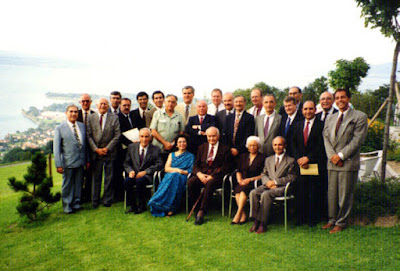 Mirza Aqa Jan embraced the religion of the Báb when he was
about sixteen years old and became instantly “aflame with devotion.” He was
neither learned nor rich and made his living in his hometown of Kashan making
and selling soap. Soap-making was a humble trade in those days, often carried
out at home by people who were not well educated.
Mirza Aqa Jan embraced the religion of the Báb when he was
about sixteen years old and became instantly “aflame with devotion.” He was
neither learned nor rich and made his living in his hometown of Kashan making
and selling soap. Soap-making was a humble trade in those days, often carried
out at home by people who were not well educated.
Mirza Aqa jan was also a seeker of truth who had seen the
Báb in his dreams and believed in Him. He had also read the Writings of
Bahá’u’lláh and felt the urge to attain His presence. He left his home in
Kashan unexpectedly and traveled to Iraq.
When he reached Baghdad, he learned that Bahá’u’lláh was
visiting the Babís in the neighboring town of Karbila, and there He was the
guest of one of the resident Bábis. This was before Baha’u’llah’s Declaration
in the Garden of Ridvan. Mirza Aqa Jan followed Baha’u’llah to Karbila.








